To a lot of us, ecological awareness might seem like something that has grown and developed in recent years, but that’s anything but true. Many works in the regional literature of India are centered on ecological issues, from rivers to tribes, that strive to raise awareness and develop empathy for the atmosphere around us.
In today’s article, we’re going to look at some of the best works of translated Indian eco-fiction from across the country that are based on the local ecosphere and ask important questions.
Let’s look at the best translated Indian eco-fiction straight away then!
We encourage you to buy books from a local bookstore. If that is not possible, please use the links on the page and support us. Thank you.








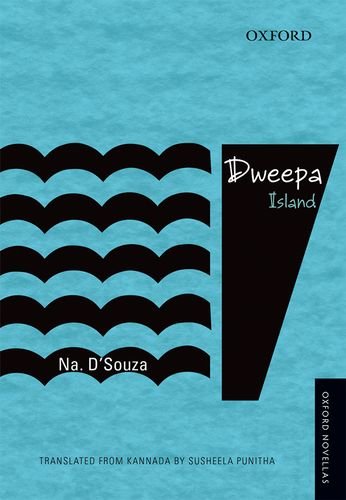




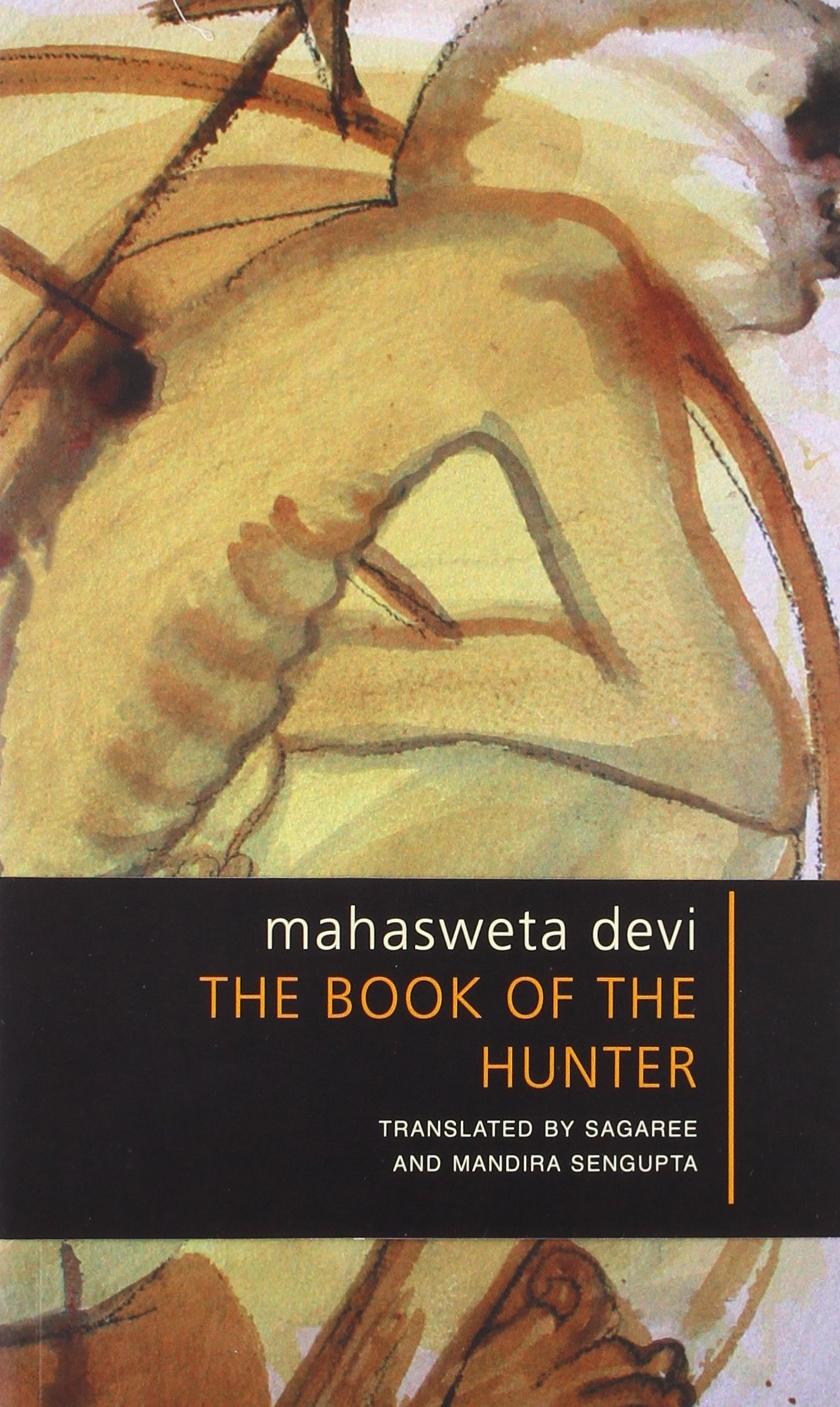
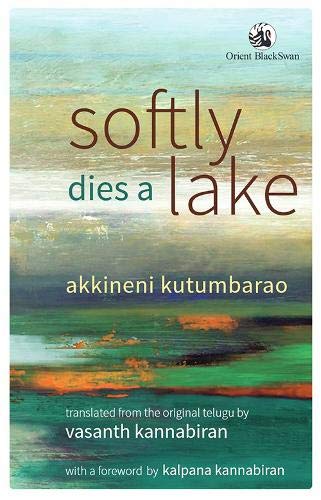


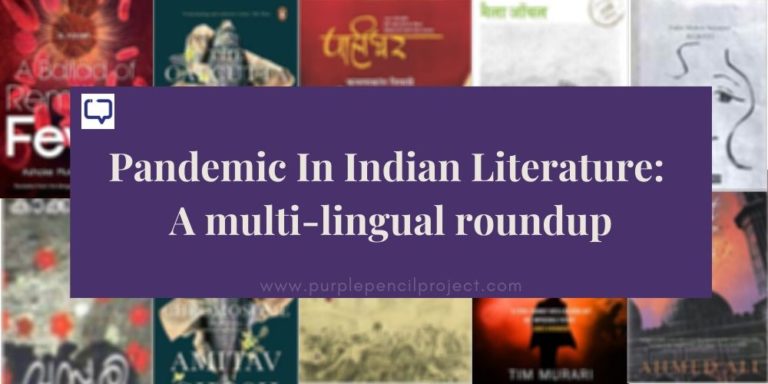




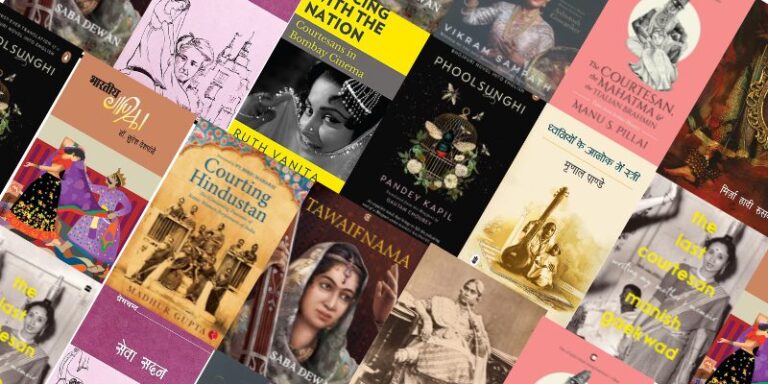
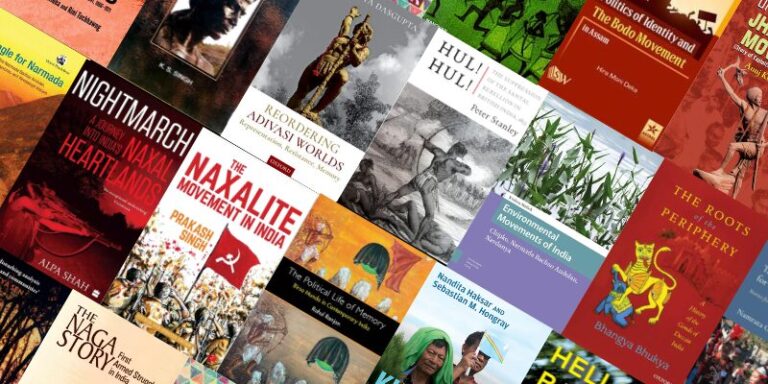
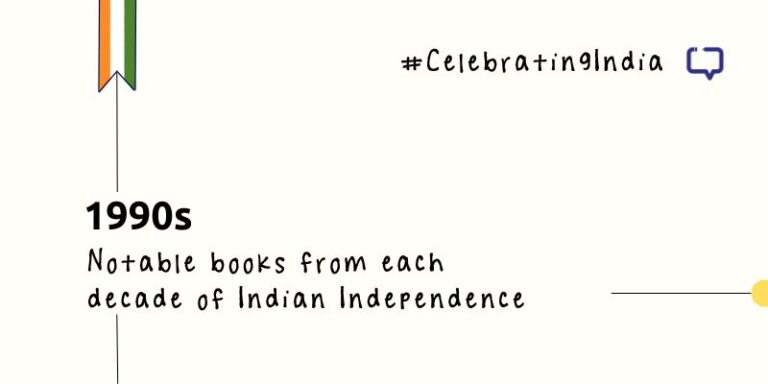



14 Responses
Aoa sir, kindly provide me with link to have an access to books
which particular book? we would be happy to search
It is also called indigenous literature?
The labels have very deep politics, especially because of language politics and geo-political hierarchies. We avoid calling it indigenous literature
Hello Muhammad, please check now, can you see the links?
AOA sir what’s summary of restless waters
The Upheaval and Restless Waters
THank you we will add it!
Thnak you checking it and adding it
Kindly send me the link to have these novels in pdf format
Send me the link to download novels in pdf format
I read Softly dies a lake is it a work of fiction or a memoir. Kindly elucidate. Also suggest some novels in Kannada with ecological concepts.
I will appreciate if you can suggest some novels in Kannada with ecological concepts. I find novellas like Dweepa but not novel in Kannada.
Hello Hidayath! For sure, we are going to work on that.